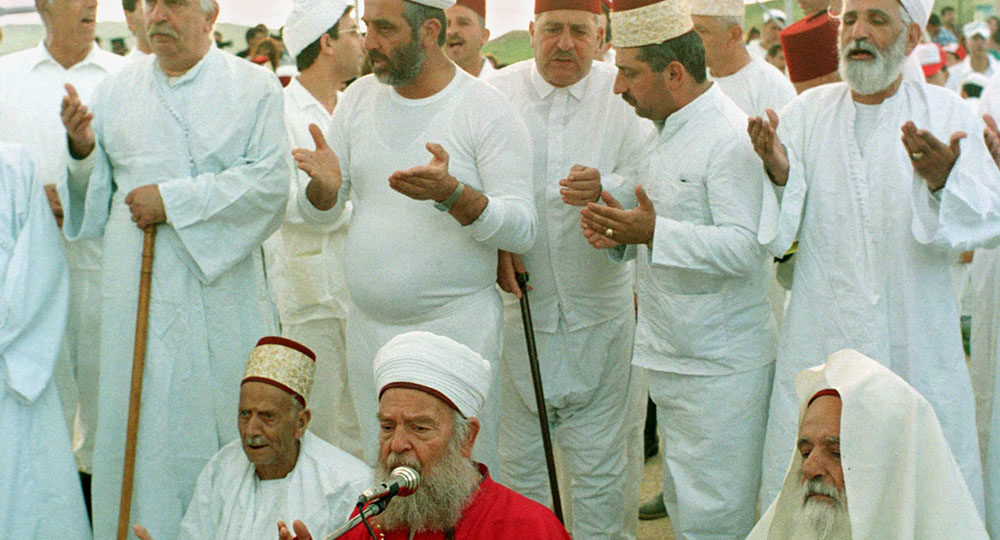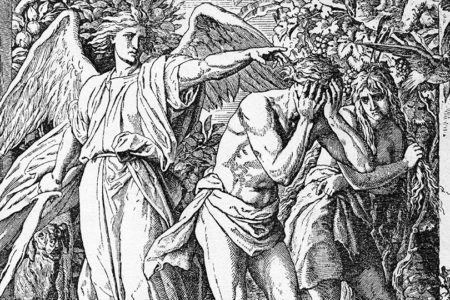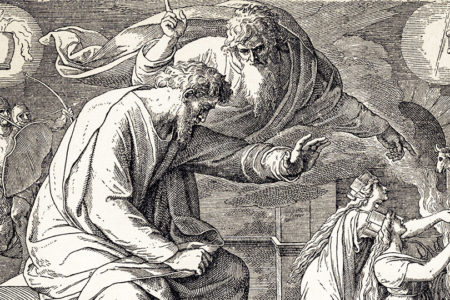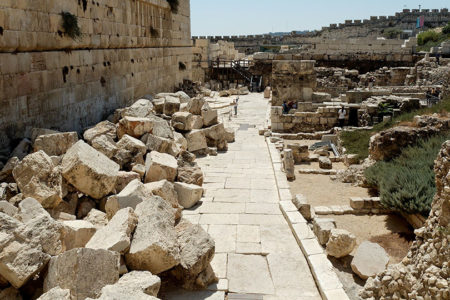How We Got Easter Sunday
Easter this year falls on March 27. Yet Passover does not begin until April 23. How did these two commemorations, so inextricably intertwined through Jesus’ death and resurrection, ever become separated?
Replacing passover with Easter Sunday on the Christian calendar apparently was no small task and generated an enormous church dispute known as the Quartodeciman controversy, which endured for centuries.
Christians originally observed the Jewish Passover, which begins at sundown on the 14th day of Nisan. Thus they were called Quartodecimans, Latin for “fourteeners.”1 However, instead of feasting on lamb, they fasted until dawn, “when they broke their fast by partaking of the Lord’s Supper and an agape meal,” according to dr. Samuele Bacchiocchi, who has written a book on the origin of Sunday observances in Christianity.2
Bacchiocchi said a document titled Sermon on the Passover by Melito, bishop of Sardis, dated around 165, “makes it incontrovertibly clear that Christians in Asia Minor observed Passover at the same time as the Jews, using the same story and metaphors of the Jewish Passover. The difference is that they did not sacrifice a lamb, because their Passover Lamb was already slaughtered. They did not commemorate deliverance from Egypt, but celebrated instead their deliverance from the bondage of sin,” and did not expect Messiah’s coming that night, but awaited His return.3
However, after Rome destroyed Jerusalem and the Temple in A.D. 70, Judaism and Christianity began to diverge. The definitive break came in 135 when the Jewish people revolted against Rome and declared Simon bar Kochba their messiah. The Emperor Hadrian quashed the rebellion, had bar Kochba killed, expelled the Jewish people from Jerusalem, and forbade them to practice Judaism. The Jewish-Christian church leaders were replaced with Gentiles, and the church became a Gentile institution that wanted no part of Jewish practices.
It apparently was at this time that Easter Sunday was introduced.
A huge controversy over Passover then flared up, threatening to split the church, Bacchiocchi wrote. A key player was bishop Victor of Rome (189–199) who wanted to institutionalize Easter Sunday, relating it only loosely to the timing of Passover. Opposing him was Polycrates of Ephesus, who wanted the traditional Passover observance.
In 325 Roman Emperor Constantine wrote an anti-Semitic letter at the council of Nicea and ended the affair. He forced the church to sever its ties with the Jewish holiday because “‘the Jews…have impiously defiled their hands with enormous sin, and are, therefore, deservedly afflicted with blindness of soul….Let us then have nothing in common with the detestable Jewish crowd.’”4
The council decreed, wrote Bacchiocchi, that Passover “should be celebrated on the first Sunday after the first full moon of spring. To ensure that Easter-Sunday would never be celebrated at the same time as the Jewish passover, the council decreed that if the 14th of Nisan fell on a Sunday, then Easter was to be celebrated on the following Sunday.”5
Today Easter always comes on the first Sunday after the first full moon that falls on or after the vernal equinox (March 20 or 21). Passover, however, still comes at sundown on the 14th of Nisan on the Jewish calendar.
ENDNOTES
- Dr. Samuele Bacchiocchi, “How It Came About: From Passover to Easter-Sunday?” in From Sabbath to Sunday: A Historical Investigation Into the Origin of Sunday Observance in Early Christianity, [www.intowww.org/sabbath/sun2.htm].
- Ibid.
- Ibid.
- Ibid.
- Ibid.







The whole book free in pdf
http://www.anym.org/pdf/from_Sabbath_to_Sunday_samuele_bacchiocchi.pdf
Thank you for this interessting article!
Thank you… went back and just read article. I never knew that.